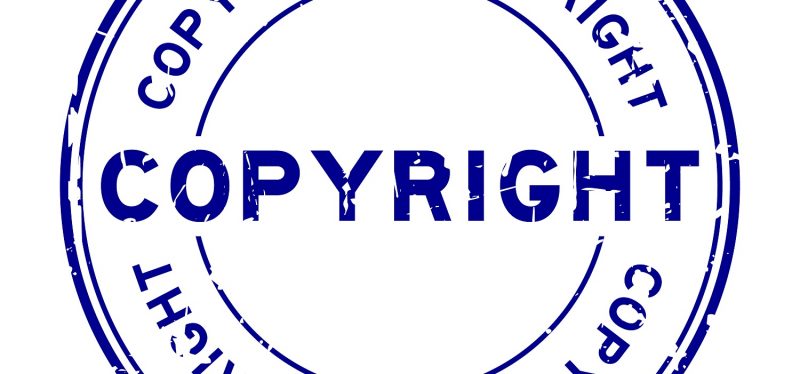I’ve Been Waiting Seven Months for My Copyright Registration. Is My Creative Work at Risk of an Infringement Suit?
October 11, 2019 | Litigation Articles

If your business involves creating generating creative expressions (like books, photographs, or even websites) you probably already know you can prevent unauthorized use or copying of your creative works by filing a lawsuit under federal copyright law. And you may know that, before you can file suit against an unauthorized user or copier (an “infringer”), you must register your copyright in the creative work at issue with the United States Copyright Office.
Here’s the problem. It can take many months for the Copyright Office to act on your registration application, and actually register your copyright. According to the statistics, it takes that office an average of seven months to complete registration. U. S. Copyright Office, Registration Processing Times (Oct. 2, 2018), https://www.copyright.gov/registration/docs/processing-times-faqs.pdf (“The average processing time for all claims is 7 months.”)
In the past, if someone wanted to file a copyright infringement suit over a creative work that had not yet been registered, they would submit an application to the Copyright Office and, without waiting for registration to be completed, they would file suit and simply allege in their complaint that they had applied for registration. This practice was common in federal courts around the country, and expressly allowed by the Ninth Circuit, the federal appellate court which covers California and several neighboring states.
The Supreme Court just ended this practice. In a unanimous decision issued on March 4, 2019, in a case called Fourth Estate Public Benefit Corp. v. Wall-Street.Com, LLC, https://www.supremecourt.gov/opinions/18pdf/17-571_e29f.pdf, the Court held that the federal statute requiring registration as a prerequisite to filing suit means just what it says, that the copyright must be registered by the Copyright Office before you can file a lawsuit for infringement.
In most cases, this won’t be a problem. You can still apply for registration, and in the meantime threaten the infringer with a lawsuit, demand that they cease and desist, and insist they provide information or take other actions while awaiting registration from the Copyright Office. However, you have to be careful not to let your time run out. There is a three-year statute of limitations for bringing a civil action for copyright infringement. (https://www.law.cornell.edu/uscode/text/17/507)
The effect of the Supreme Court’s ruling in Fourth Estate Public Benefit Corp., then, is that there is a risk that some copyright holders may learn about infringement (or learn sufficient facts to put a reasonable person on notice of infringement) but do not immediately register their copyright, and then when they decide they want to file suit for the infringement, there may not be enough time left to register the copyright before the limitations period expires. Depending on the circumstances, they could lose the right to file suit.
Don’t let this happen to you. If you believe there is a chance that you will need to file a civil action to protect your rights in your creative works, the best practice is to register your copyright sooner than later. Registration is a relatively simply process. It can be done online, and the filing fee is usually $35 or $55 per work.
Boutin Jones Inc. can help you with the process, or handle the registration for you. Or if you want to do it yourself, the Copyright Office’s website provides helpful information about how the process works. https://www.copyright.gov/help/faq/faq-register.html
Subscribe to our Blogs
Get notified when new posts are published.
